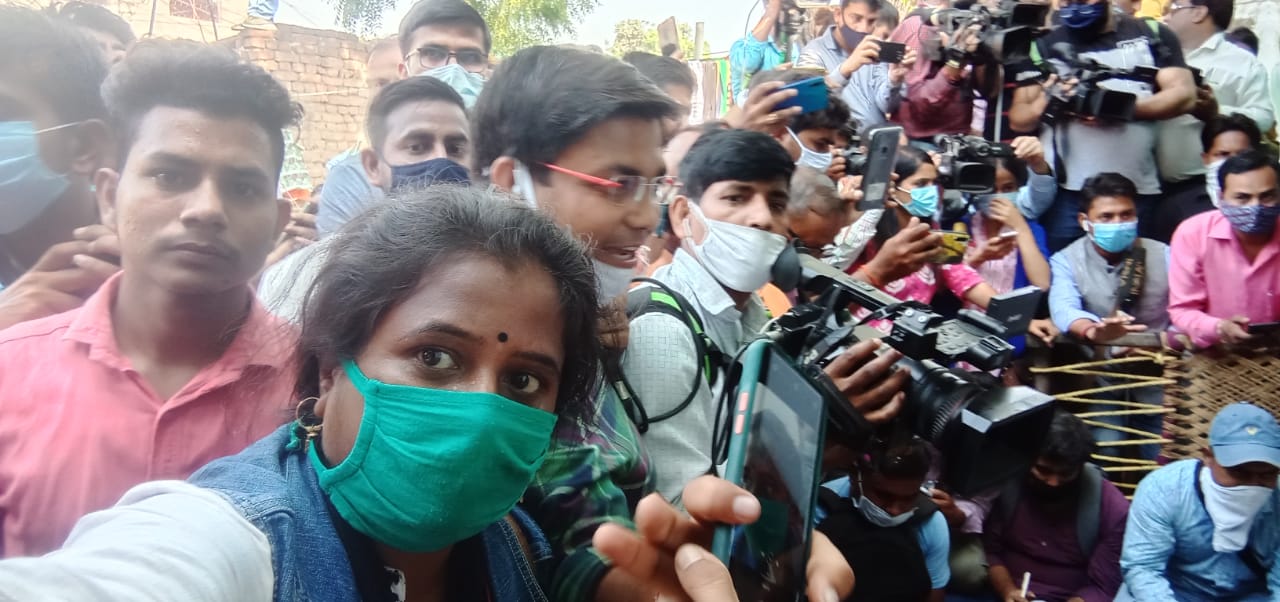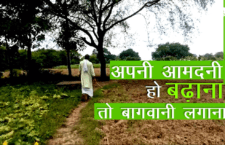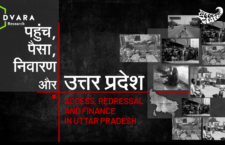Resuming our monthly series featuring conversations between Disha Mullick and Kavita Bundelkhandi, Khabar Lahariya’s co-founders, in times of the new normal.
Aiming to focus on the myriad meanings of keeping safe and sane, Delhi-U.P., while reporting in the north Indian hinterlands during the ongoing global health crisis, these dispatches are illustrative of the unique diverse identity of Khabar Lahariya, and the bonds we forge as women at work

Selfie captured by Kavita Bundelkhandi, Khabar Lahariya’s editor-in-chief, reporting live from Hathras, UP
D: Have you recovered from your travels? How’s the fam? What do they think about you being at large, at the center of some news storms?
K: My family has long stopped being alarmed at where and how long I travel. You tell me when I can come to Delhi, my heart longs for it. The internet situation is awful here, I’ve used up mine and M’s data sending my Hathras footage, and he has just terminated a WeTransfer that was ALMOST done. I really need to getaway.
D: I’m coming back tomorrow and I’m going to make a plan to meet. It feels like heaven and earth have moved. Although, so much has stayed exactly the same, hasn’t it? How was the trip? What does your heart say about the truth at Hathras?
K: The media has had such a big role in what the story has become, that’s what my heart says. There was a heinous crime for sure, but the issue of caste has been stoked and intensified and is being used as a stove to cook some kadak political rotis.
D: How’s the family doing?
K: The family is petrified: I could be sure that if there wasn’t a police force there in such large numbers, they’d be at risk of their house and property being burned down. But they also don’t have any proof on them, and so, the case is entirely in the hands of the state, the police and the media.
D: I’m finding it hard to believe how too bright a spotlight on caste and gender violence backfires so badly, because it’s the people who are talking about it or the people who have been killed, and their families, suffer the consequences. Look at the paper today. They think this is all a conspiracy against the state government and protestors against the assault are being dealt FIRs. It’s a really unreal situation.
K: Yes, my brother was arrested for participating in a protest in Chitrakoot last week. Uncle too. They’ve been released since. It’s not like anyone needed any reason to harass Dalits before, the state can just use its power to turn the situation any way they want. We spoke to a couple of the Thakurs in the village before we left: they held a caste panchayat on the case on the 2nd of October. There’s one young Bajrang Dal leader, two-copy of our own Satyam Tiwari! They said, the keys to the nation are in our pockets, we won’t let our sons be falsely accused. And they do think it’s a false accusation.
D: How is it feeling taking such a strong position on the caste dynamics in the village? What’s been the media’s response to our reporting? Did you get some flak for being in the centre of a media storm and so strongly commenting on the media?
K: No. No one bothered. I had many fights. One dude stood in front of me with a big camera and said, madam, can you move out of the way, I’m trying to do a live broadcast. So I said, can’t you see me doing my live broadcast? Should only you be able to do a live broadcast because you have a massive camera and I have a phone? He finally moved away, muttering to himself. Lots of women reporting, which was really good to see – from Delhi, from Lucknow. Even Kerala! I heard lots of comments about their hair and their language!
D: UP’s parochialism will never change. And other Dalit reporters?
K: Not that I could see. And there’s been quite a lot of discussion about this, actually, in my circles, ‘upper caste betis’ doing rural reporting, taking up the voices and concerns of Dalits to centres of power.
D: You mean upper caste women reporters being trolled?
K: Some, but also appreciated for good quality reporting, better than their peers. Local media here have taken no note of our reporting. They’re too scared to run it on their Whatsapp groups.
D: It does give me sleepless nights, Kavita. The fact that no one will wait to have facts to intimidate or discredit us if they wanted to. And what that means for our editorial strategy, now and going forward.
K: Well, we’ve taken a strong position on the fact that there are deep-rooted caste issues that affect the way violence happens and the case gets investigated. Also about the political nature of the case. Now in the stories we will publish getting into the details of the case, we’ll present facts. It’s never as simple as the media makes out; these cases of violence have their histories in longstanding, inherited beliefs and practices, family disputes. Personal and social and cultural issues all combine.
D: For what it’s worth, we can try and be as nuanced as possible. And please, please be careful. What else are you working on?
K: You know, other commissioned projects, sorting out team members’ family disputes, arrogant behaviour in the team.
D: Yes. I spoke to one concerned team member whose family needs to be on a Netflix show – I think it would help them process their stuff. And I strongly recommend you don’t go haring off and get involved, and stay as backing support. She should speak to her family, to a case worker and to a lawyer. It’s one thing to be supporting team members, it’s another to be involved in the constantly shifting politics within all their families, Kavita.
K: Sigh. I know. It makes me tired and upset, that even after all you do and say, however much you call out violence, harassment, people are going to do what they want, and all your advice washes off like water down the drain.
D: Conserve your energies. Hathras may be resolved yet, but these murky relationships aren’t going to.
K: I might go back to the gym – they reopened and are calling us back for Ladies Time!
Also read:
Dispatch One | Dispatch Two | Dispatch Three | Dispatch Four | Dispatch Five | Dispatch Six | Dispatch VII | Dispatch VIII | Dispatch IX | Dispatch XI

